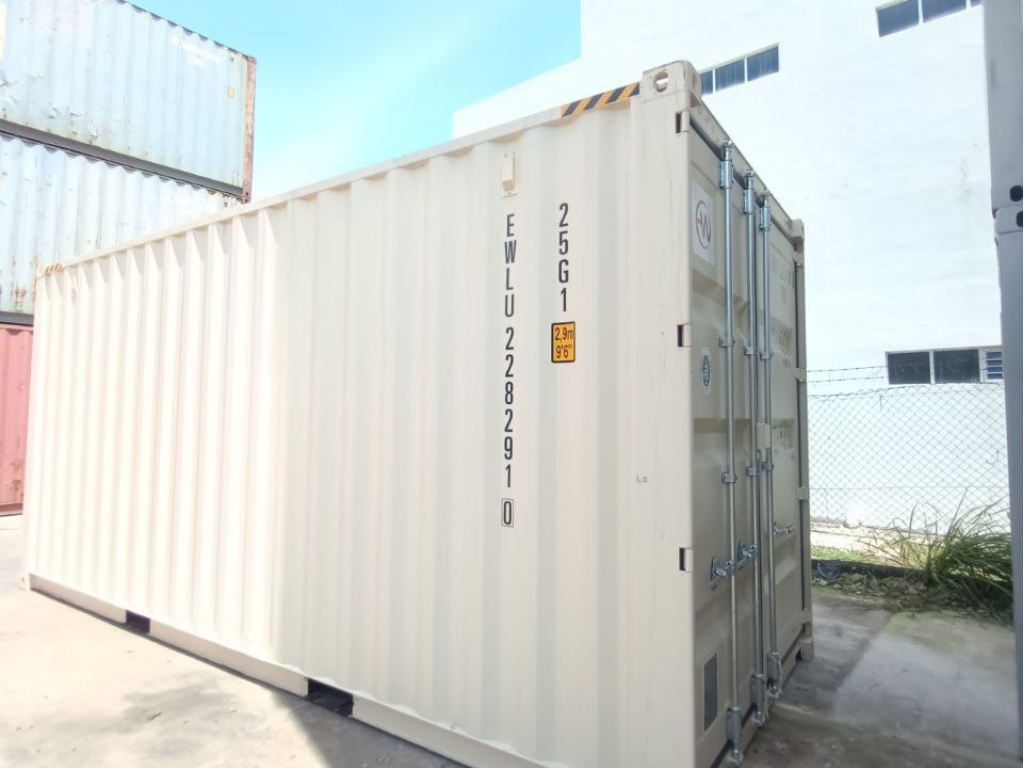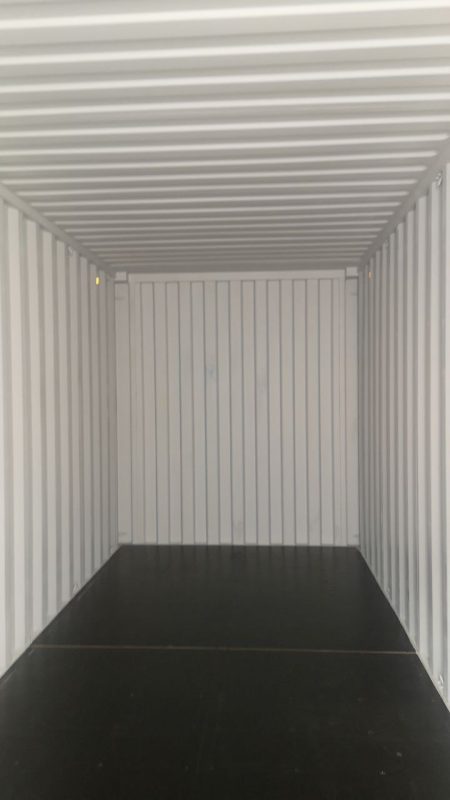From Cargo to Cafes: The Rise of Shipping Container Businesses
In recent years, shipping containers have transformed from simple vessels for transporting goods across the globe to innovative spaces for businesses of all kinds. This trend has gained significant traction, particularly in urban areas where space is limited and the need for flexible, cost-effective solutions is paramount. From trendy cafes to chic boutiques, shipping container businesses are changing the landscape of entrepreneurship and urban design.
A Versatile Solution for Modern Businesses
The versatility of shipping containers is one of the key factors driving their popularity as business premises. Originally designed for cargo transport, these sturdy steel structures can be easily modified to suit various purposes. Their robust construction makes them ideal for a wide range of applications, from retail shops to food stalls. Business owners can customize containers to meet specific needs, creating unique and appealing environments that stand out in crowded marketplaces.
Shipping container businesses also offer an environmentally friendly alternative to traditional construction methods. Reusing containers not only reduces waste but also minimizes the carbon footprint associated with new building materials. This sustainable approach aligns well with the growing demand for eco-friendly business practices, making shipping container ventures particularly attractive to environmentally conscious consumers.
The Rise of Container Cafes
One of the most notable trends within the shipping container business phenomenon is the emergence of container cafes. These establishments have become popular for their unique aesthetics, affordability, and ability to create vibrant community spaces. Container cafes often feature open designs, allowing customers to enjoy their coffee or meals in an inviting atmosphere that encourages social interaction.
The layout of shipping containers can be tailored to enhance customer experience. Many container cafes incorporate outdoor seating, allowing patrons to enjoy their beverages in fresh air while creating a lively street scene. Furthermore, their mobility means that these cafes can easily relocate for events, festivals, or seasonal changes, maximizing exposure and profitability.
For entrepreneurs, starting a container cafe can be more financially accessible than traditional restaurant setups. With lower startup costs, reduced overhead expenses, and the ability to quickly establish a presence in prime locations, shipping container cafes are appealing options for aspiring business owners. Additionally, the modular nature of containers allows for expansion or reconfiguration as the business grows.
Urban Revitalization Through Container Businesses
Shipping container businesses have also played a crucial role in urban revitalization efforts. Many cities have embraced the concept of container parks, which serve as hubs for multiple businesses operating within a single shipping container complex. These parks not only provide a platform for local entrepreneurs but also contribute to the rejuvenation of underutilized spaces, such as vacant lots or abandoned areas.
By transforming these spaces into bustling commercial hubs, container businesses help foster a sense of community and draw foot traffic to neighborhoods that may have been overlooked. Local governments often support these initiatives by providing incentives for container businesses to set up shop in specific areas, recognizing their potential to stimulate economic growth and attract visitors.
Challenges and Considerations
While the rise of shipping container businesses is undoubtedly exciting, it is not without its challenges. Local zoning laws and building codes can pose obstacles for entrepreneurs looking to set up shop in containers. Navigating the regulatory landscape can be complex, as different cities have varying rules regarding container modifications, permits, and health and safety standards.
Moreover, container businesses must also consider factors such as insulation and climate control. Depending on the location, shipping containers can experience extreme temperature fluctuations, which may affect customer comfort and product quality. Proper insulation, ventilation, and climate control systems are essential to ensure a positive experience for both customers and staff.
Conclusion
The rise of shipping container businesses represents a dynamic shift in how we think about entrepreneurship and urban design. From cafes to retail spaces, these adaptable structures provide innovative solutions for modern businesses while promoting sustainability and community engagement. As cities continue to evolve, shipping container ventures are likely to play an increasingly prominent role in shaping vibrant, sustainable urban landscapes.






